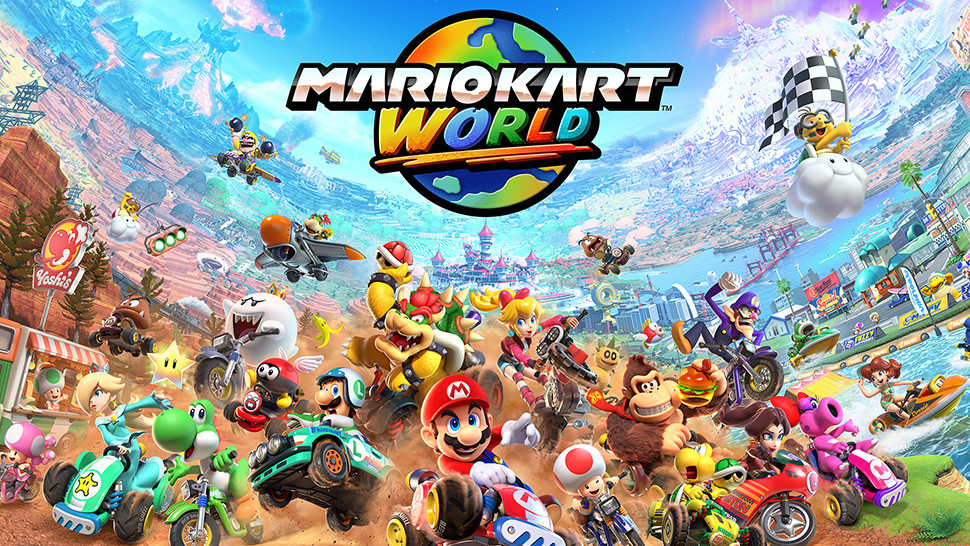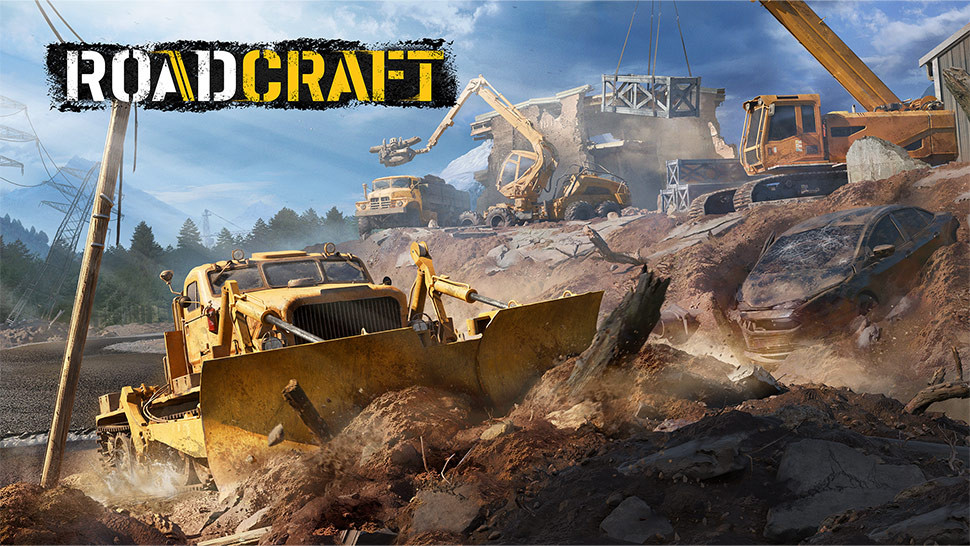Desert Child Review

 By Kevin Mitchell | Apr 5, 2019
By Kevin Mitchell | Apr 5, 2019
Although you take on the role of a talented hoverbike racer, you'll find the main character to be penniless (broke) and without any friends, besides the hoverbike mentioned above. You'll compete and perform frivolous jobs (is a pizza delivery the best use of your time?) for the residents of Olympia with the hope of competing in the ultimate race in the entire universe: the Grand Prix across the Red Planet.
In order to progress through Desert Child, you'll always need to race against the AI. However, a two-player local race option does exist, but it's counterproductive in the long run as you don't earn any cash for competing against a friend. It's not something the game tells you either, but after battling for about 20 minutes with a friend, I realized I still only had $16 in my pocket—what a waste of time. The races themselves are quite short in length, and you'll only have to contend with moving left to right across the track, or in this case, towards or away from the camera. During the race, you have two options: boost and shoot.
Hazards populate the race track, whether you are in a pixel-based urban environment or the empty wasteland of the Red Planet. Robots resembling TV monitors attempt to disrupt your concentration by shooting large pink bullets at you or by merely cluttering the racing area. The scarcity of ammunition ensures you aren't trying to play the game like a shoot 'em up; however, if you run out during a race (and you will multiple times), a refueling vehicle appears at the bottom of the screen, allowing you to boost into it, replenishing your stock. Helping you figure out if you are in the lead or trailing, the music during races will be audibly louder when you are winning and softer when you are falling behind. Winnings, however, are quite paltry, making the entire game feel like a never-ending grind to the finish line. It's a simple gameplay loop, and once you've found a way that works for you, you'll probably have no trouble winning every race. With that said, I've had a "warning" message appear randomly, removing my ability to boost, ensuring I would lose. I still have no idea why it occurs, if it is something that can be triggered, or if it's a bug.
After scrounging up enough cash on Earth, you head to Mars to keep competing in races to earn the required $10,000 entry fee into the Grand Prix. Winning a race may net you $100 (or less), where you have to manage your spending by repairing your hoverbike, keeping your hunger satisfied, and leaving some in the bank to ensure you eventually reach your goal. Lose, and you'll have to settle for the couple of bucks that you picked up during the race. The city of Olympia is comprised of interconnected stylized corridors that you must walk through each time you want to race. After every run, you are dumped back into the town to spend your money and must painstakingly walk back to the racing headquarters to compete in another fast race. Although stylistic and fitting with the game's atmosphere and visuals, I found some of the looping songs in the game quite irritating, especially during prolonged play sessions.
I found it odd that parts for your hoverbike (although made on Earth) are hard to come by on the Red Planet, especially considering you spend most of your time there. After a race, you may find another hoverbike parked next to yours. If you are so inclined to do so, you can attempt to steal a part through a timing mini-game. There's a good amount of installable upgrades for your bike. Power cells and components are placed on a grid, and afterward, you can junction power to them to boost their performance. Like much in Desert Child, I had to discover this for myself. These parts can improve your chances of winning by increasing both the size of your bullets and the maximum amount you can carry, as well as increasing the amount of money that comes out of the TVs when they explode. There are different weapons in the game, but the choice is set in stone once you begin, so you have to start a new game if you want to try something else.
Simply Put
Desert Child has its moments, but most of the experience feels shallow. The repetitiveness of wandering through the town after each race was more of a distraction than anything. The retro-inspired pixel art is enjoyable, and most of the game's music works within the racing setting, but I had to mute the game when walking through the town. I understand the overarching theme of the game—the hardship of survival and earning the right to live in a society where the rich have all the power—but I feel it missed the mark considering how little of a narrative exists.
Note: Desert Child was reviewed on Xbox One. A digital copy of the game was provided by the publisher/developer.




